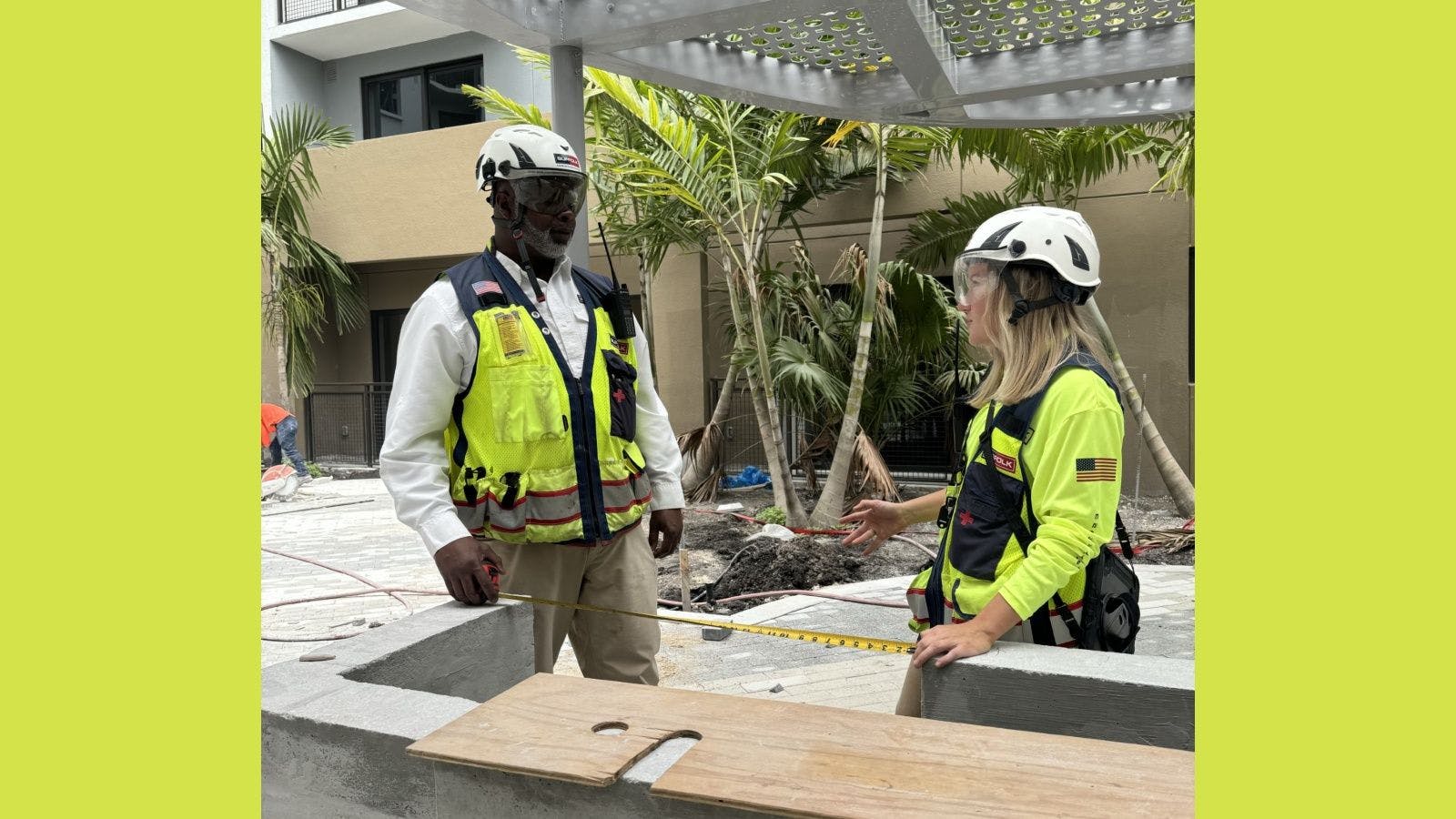
The Top Five Qualities in Construction Employee Candidates
“Can I afford not to hire you?” That’s the question most employers will ask themselves when interviewing candidates in the construction industry. The truth is, a construction company is going to employ the person they think will benefit it the most. That often means hiring the person it would least like to see a competitor have on its payroll. So, what qualities make someone a must-hire candidate?
Following are the top five qualities that construction industry managers look for in a new hire.
1. Stability
Typically, employers do not want to hire someone they think will leave in less than three years. Construction companies want someone who will become part of their family. There may be an exception for niche construction workers who have a particular skill that requires them to go from big job to big job, or for those who moved to stay employed during the economic downturn; but a provable work history that shows loyalty is a strong mark in a candidate’s favor.
Without a track record that shows consistent runs of stability, many construction hiring managers will dismiss a candidate in the early stages. Hopping from job to job may indicate a candidate is easily bored and prone to jumping ship to pursue new challenges. Given the high cost of employee turnover, most companies do not want to invest in a flight risk. Even if a candidate comes to an interview with a wealth of industry experience and knowledge, he is at risk of being passed over if he has a work history that shows frequent job changes without valid explanations.
2. Relevant Trade or Project Experience
If a company advertises a position specifically seeking someone with a specialization such as bridge building experience, a candidate should only apply for the position if he has actually built bridges. This may seem too obvious to include in this list, but a surprising number of candidates try to talk construction industry recruiters and employers into thinking they have relevant experience when the truth is that they don’t. Candidates will raise suspicions if they are asked a direct question about experience their response is: “I’ve been around it.” “Being around” a type of work is no substitute for relevant, hands-on experience.
3. Reputation
Choose the references on a resume or application wisely. When a candidate lists only family members or personal contacts who have no experience in the construction industry, that is a red flag to hiring authorities that the candidate may not have a good reputation or relevant experience. Also, remember references are only one way in which construction companies and construction recruiters will learn about a candidate’s professional reputation.
Learning about a candidate’s professional reputation is becoming more and more important to employers. Employers expect construction recruiters to do thorough research into a candidate’s work history. That means recruiters may call people a candidate has worked with but did not list as a reference for their view on his past job performance. Do everything possible to maintain a good reputation in the industry.
4. Flexibility
Does the candidate have a willingness to do what it takes to succeed in this position? Is he a team player? Can he demonstrate advancement potential? Is he willing to acquire new skills? Candidates should have examples ready that show they are a proactive employee who is dedicated to growing with a company.
Flexibility also means being able to look ahead. Even though a candidate might have been employed at a high level in a previous company, many construction companies want new hires to prove they have mastered the basics before they are given more responsibility. Flexibility means having the initiative to do what is necessary in any situation. For example, if a candidate is seeking a job as a superintendent, can he step in and perform the duties of a foreman or laborer if the need arises? Is the candidate willing to pick up a broom and sweep the floor today to show that he is committed to doing what it takes to grow into a better position tomorrow?
5. Communication
Be prepared to answer questions about the construction industry and speak well about relevant work history to demonstrate communication skills in an interview. How a candidate speaks is just as important as what he says. For example, a soft-spoken, introverted person will likely never be hired for a sales role that involves cold calls.
Also remember that candidates will be conveying information about themselves by the way they act and dress in an interview. Companies will only take candidates seriously if they give a great first impression. Candidates should make sure their presentation matches the expectations of the job they are applying for. Someone wearing ripped jeans and a dirty t-shirt would find it difficult to get hired to represent a company to clients.
Professionalism
All five of these characteristics can be summed up in a single word: professionalism. Many companies ask for that quality above all others. A candidate’s level of professionalism affects a company’s perception of his value in the marketplace. If a candidate wants to be someone a company cannot afford to overlook, he should make every effort to raise his level of professionalism.
Related stories








